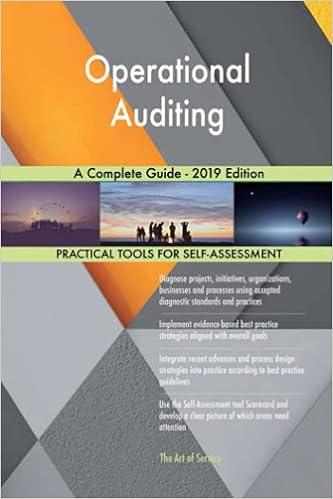
Balik Antone 2 a. Balik Atone, a new financial planning client, wants to begin a savings program for her eight-year-old son. She has been reading about the various accounts available for college savings programs, but she is confused about which type of account would be best. Her primary concerns are taxes, account ownership, and flexibility. She has developed a list of questions that she would like answered at the next meeting. Which account will allow for the greatest flexibility given that she is a single mother, is not expecting to have any additional children, and is not absolutely certain that her son will attend college? b. Given the following assumptions, which account requires the lowest monthly contribution to attain her goal of saving $50.000 in ten years? (The savings goal ends at the beginning of her son's first year of college.) Assume that she makes a fixed payment at the end of each month for the next 120 months. Also assume that any account set-up fees or annual fees are paid on a monthly basis in addition to the required savings deposit. Account Type Nonqualified Roth IRA $ 529 plan 9.5% 9.5% 9.5% 0.0% 1.1% 1.1% Projected market gross annual return Annual expense ratio (target date fund) Program fees* Annual account fee Annual applicable tax 0.0% 0.0% 0.6% $0 $12.00 $24.00 20.0% 0.0% 0.0% rate** *Program fees include management and state administration fees. **Assume that all withdrawals from qualified accounts are used for a qualified purpose and therefore are not subject to income tax or early withdrawal penalties. C. Depending on the account type chosen in part b, who should "own" the account, assuming her son has earned income? Consider both financial aid eligibility and flexibility of use. Balik Antone 2 a. Balik Atone, a new financial planning client, wants to begin a savings program for her eight-year-old son. She has been reading about the various accounts available for college savings programs, but she is confused about which type of account would be best. Her primary concerns are taxes, account ownership, and flexibility. She has developed a list of questions that she would like answered at the next meeting. Which account will allow for the greatest flexibility given that she is a single mother, is not expecting to have any additional children, and is not absolutely certain that her son will attend college? b. Given the following assumptions, which account requires the lowest monthly contribution to attain her goal of saving $50.000 in ten years? (The savings goal ends at the beginning of her son's first year of college.) Assume that she makes a fixed payment at the end of each month for the next 120 months. Also assume that any account set-up fees or annual fees are paid on a monthly basis in addition to the required savings deposit. Account Type Nonqualified Roth IRA $ 529 plan 9.5% 9.5% 9.5% 0.0% 1.1% 1.1% Projected market gross annual return Annual expense ratio (target date fund) Program fees* Annual account fee Annual applicable tax 0.0% 0.0% 0.6% $0 $12.00 $24.00 20.0% 0.0% 0.0% rate** *Program fees include management and state administration fees. **Assume that all withdrawals from qualified accounts are used for a qualified purpose and therefore are not subject to income tax or early withdrawal penalties. C. Depending on the account type chosen in part b, who should "own" the account, assuming her son has earned income? Consider both financial aid eligibility and flexibility of use







